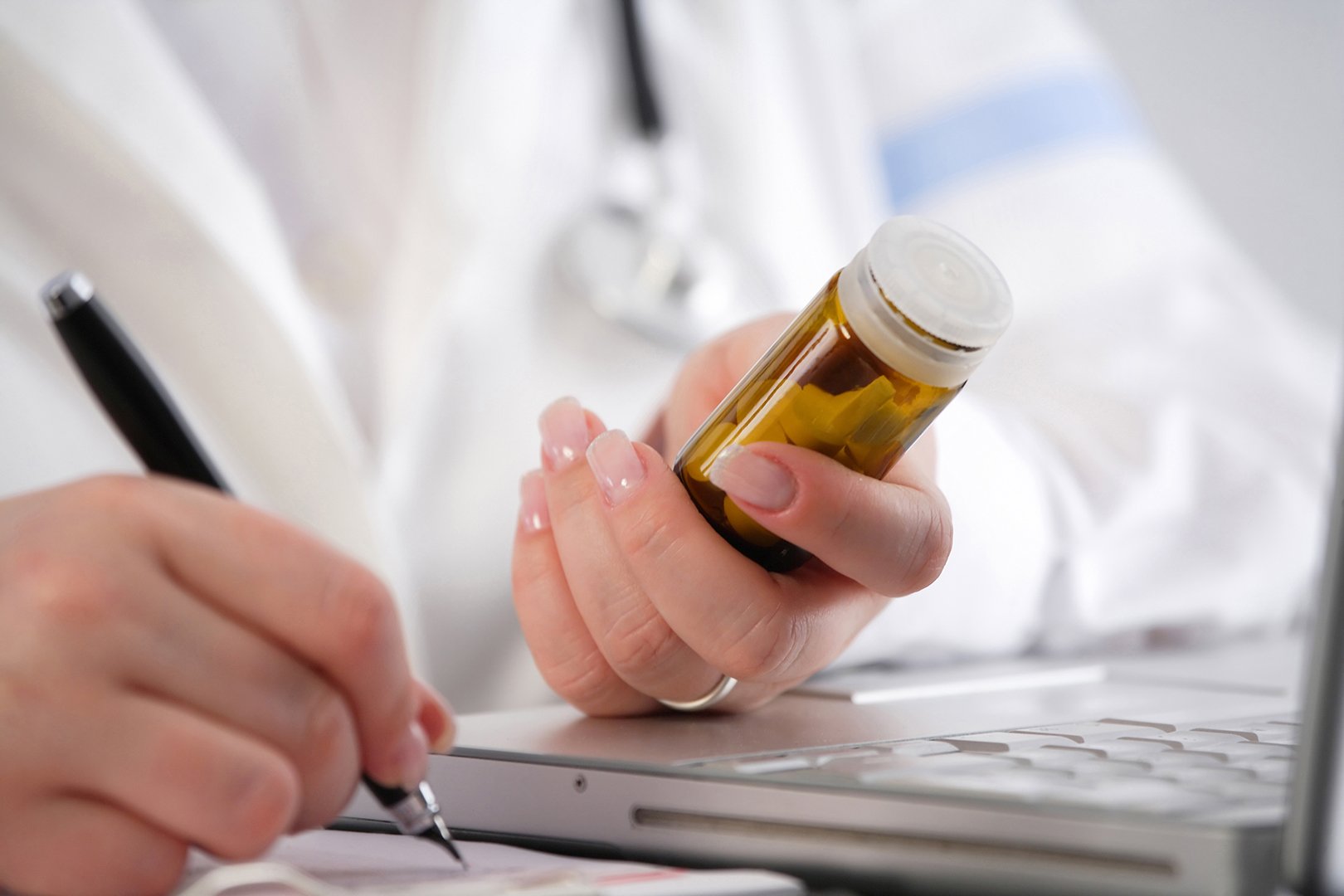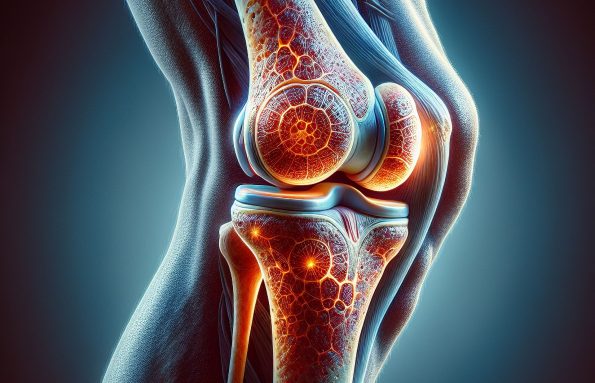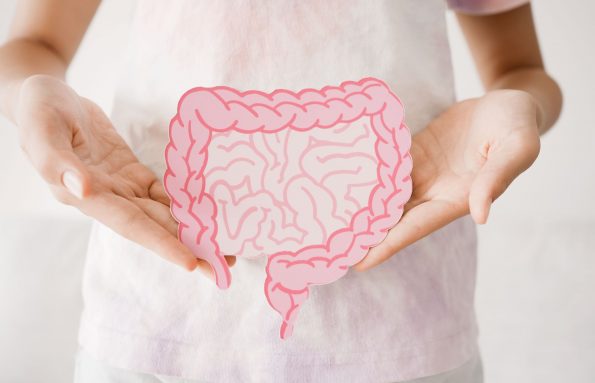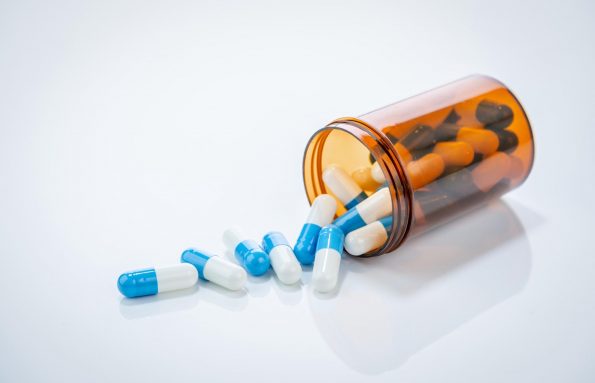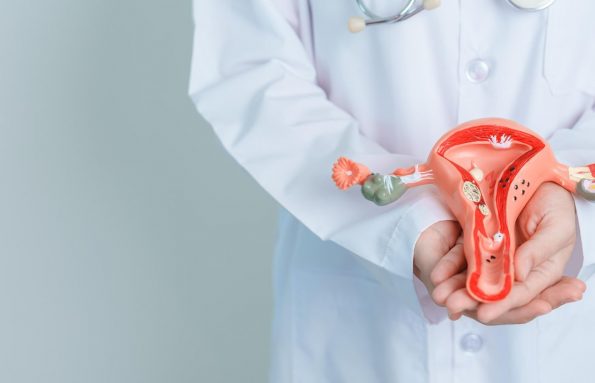Medicinal compliance is the accuracy with which a patient follows their prescribed medication.
In order to maximize the health benefits of fasting, it’s your responsibility to ensure that your fasts do not negatively impact your well-being or the progress of
your treatment.
Scholars from across the Muslim world have supported the claim that an ill Muslim is excused from fasting if they believe that fasting will impede their health or
slow down their recovery.
With expert advice from Dr. Fatima Ghulfi, we’ll discuss how to manage medications safely during Ramadan:
1. How do you pace time-sensitive medication?
If you’ve ever gotten a medication prescribed for a specific time of day, or not to be taken before your time to sleep, it’s important you take it into account, as
there are scientific reasons behind the time restrictions. As the window of taking daytime medications is shortened during Ramadan, you can adapt your medication
intake according to the advice of our medical expert, Dr. Fatima Ghufli:
“Patients who take long-term medications need to adjust their medication schedules so they can be taken between the evening meal of iftar (sunset) and the
morning meal of suhoor (dawn).
Thyroid medication should be taken once a day, half an hour before having food at iftar.”
2. Be cautious when taking medications that interact.
If you take several medications at once, the chemicals in them may interfere with each other – mixing some medications can lead to serious side effects. Any
medication you’re prescribed should be discussed with your doctor so that they can either suggest a gap between the medications or suggest a different medicine
entirely.
Dr. Fatima Ghufli recommends a safe gap between medications during Ramadan (excluding medications you must take in unison).
3. Stay hydrated.
You should be drinking 8-10 glasses of water during Ramadan to stay adequately hydrated for your fast. This water intake can be impacted by the medication you’re
taking, requiring you to increase your water intake.
Dr. Fatima Ghufli suggests:
- Drinking plenty of water in Ramadan and increasing the intake of food with high water content (watermelon, grapes, apples, cucumbers and celery).
- Avoiding coffee, tea and soft drinks that contain caffeine, as they will dehydrate you by making you go to the bathroom more often.
- Avoiding foods that contain high levels of sugar (like soda) and fatty meals, especially fast food and spicy food.
- Avoiding the sun and excessive heat as much as you can. Remain in a cool, shaded area.
- For hypertension and kidney disease, diuretic medications should be taken immediately before iftar to minimize urination during sleep.
4. Is it acceptable to take multivitamins during the month of Ramadan to make up for the reduced amount of nutrition you get during the day?
The best course of action if you have a condition that depletes you of nutrients in your body is to adjust your diet accordingly, but taking multivitamins can fill
the gap if it’s more cost-effective for you.
Multivitamins shouldn’t be taken on an empty stomach right after breaking your fast, as they can make you feel sick. Fat-soluble multivitamins such as Vitamin A,
Vitamin D, Vitamin E and Vitamin K should be taken with rich foods to help them absorb better.
In theory, water-soluble vitamins such as B1, B2, B3, folic acid and Vitamin C can be taken on an empty stomach, but they may cause stomach discomfort in those with
sensitive stomachs. B-complex vitamins with suhoor are an excellent choice for those who have long days ahead of them. Vitamin C should be taken during or after
meals.
Dr. Fatima Ghufli states that vitamins play an important role in achieving normal cell function, boosting the body’s immunity and vitality, along with
providing important antioxidants that protect our body cells from disease. Although she believes that the best source of vitamins is from natural food sources,
she recommends supplements and dissolvable tablets as safe sources of vitamins.
“Rich sources of vitamins and minerals include vegetables, whole grains, nuts and fruits (fresh, dry, or juiced). Additionally, milk and laban provide calcium,
vitamins and minerals for good bone health.”

